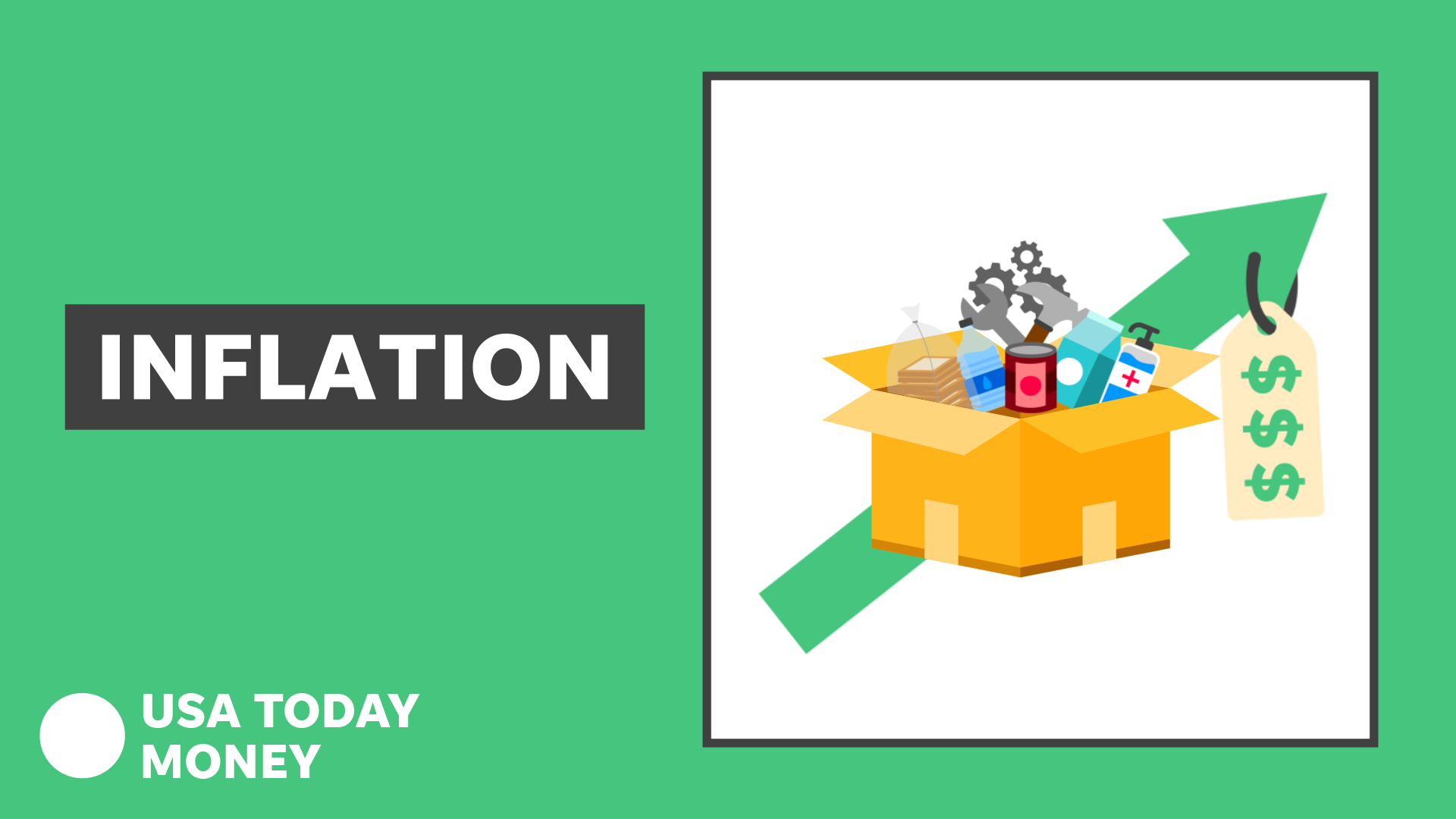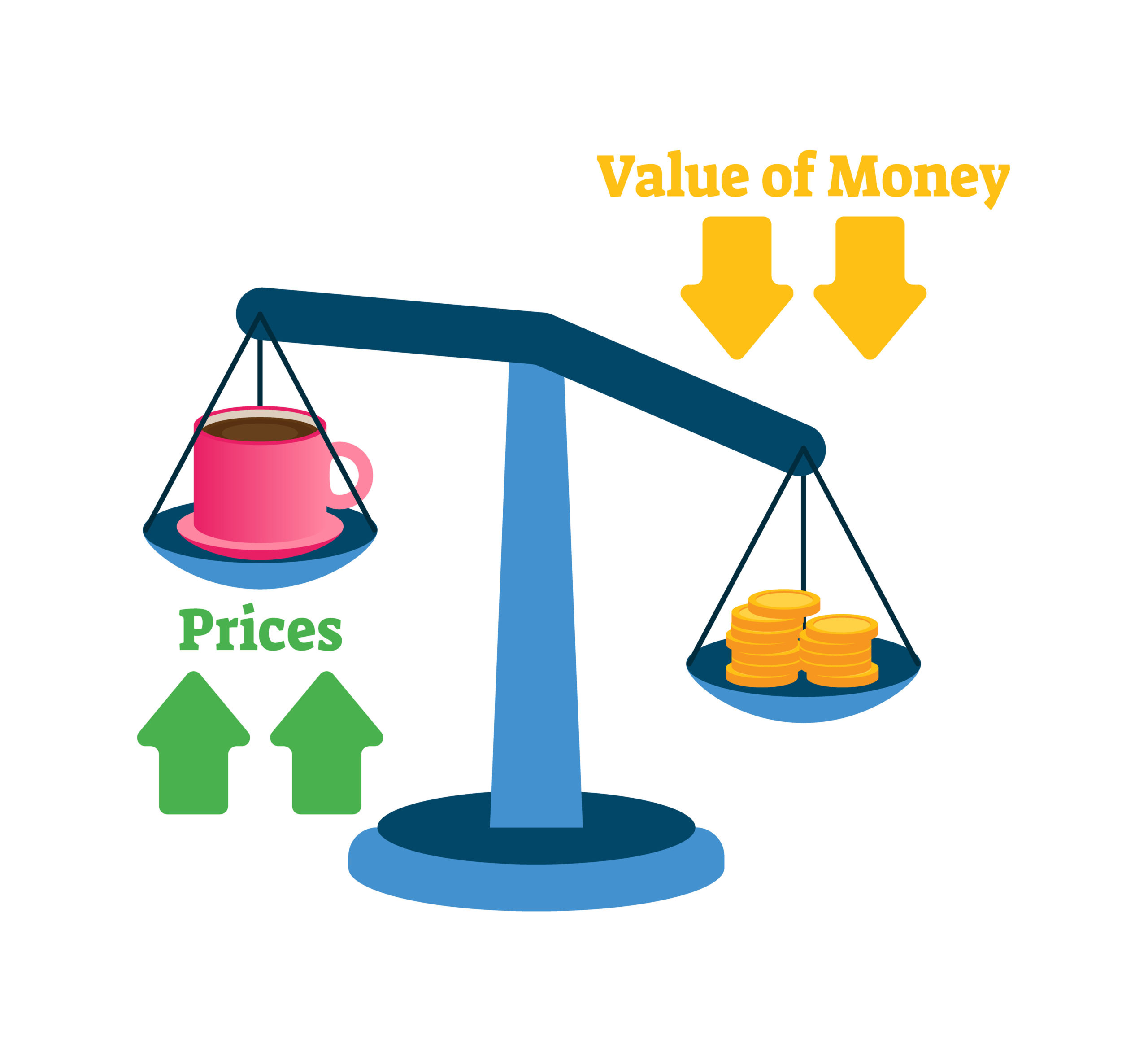

The forecast assumes that the pandemic recedes in such a way that domestic mitigation measures can be lifted by mid-year in advanced economies and later in developing countries, that adverse global spillovers ease during the second half of 2020, and that widespread financial crises are avoided. © Lucian Coman/Shutterstock A possibility of even worse outcomesĮven this bleak outlook is subject to great uncertainty and significant downside risks. While agriculture markets are well supplied globally, trade restrictions and supply chain disruptions could yet raise food security issues in some places.Ī worker wears a mask in Sub-Saharan Africa. Demand for metals and transport-related commodities such as rubber and platinum used for vehicle parts has also tumbled. The pandemic and efforts to contain it have triggered an unprecedented collapse in oil demand and a crash in oil prices. Exporters of energy or industrial commodities will be particularly hard hit. These downturns are expected to reverse years of progress toward development goals and tip tens of millions of people back into extreme poverty.Įmerging market and developing economies will be buffeted by economic headwinds from multiple quarters: pressure on weak health care systems, loss of trade and tourism, dwindling remittances, subdued capital flows, and tight financial conditions amid mounting debt. South Asia will contract by 2.7%, Sub-Saharan Africa by 2.8%, Middle East and North Africa by 4.2%, Europe and Central Asia by 4.7%, and Latin America by 7.2%. East Asia and the Pacific will grow by a scant 0.5%. This would represent the weakest showing by this group of economies in at least sixty years.Įvery region is subject to substantial growth downgrades. That weakness will spill over to the outlook for emerging market and developing economies, who are forecast to contract by 2.5 percent as they cope with their own domestic outbreaks of the virus. Advanced economies are projected to shrink 7 percent. The pandemic is expected to plunge most countries into recession in 2020, with per capita income contracting in the largest fraction of countries globally since 1870. Historic contraction of per capita income

For emerging market and developing countries, many of which face daunting vulnerabilities, it is critical to strengthen public health systems, address the challenges posed by informality, and implement reforms that will support strong and sustainable growth once the health crisis abates. The crisis highlights the need for urgent action to cushion the pandemic’s health and economic consequences, protect vulnerable populations, and set the stage for a lasting recovery. Over the longer horizon, the deep recessions triggered by the pandemic are expected to leave lasting scars through lower investment, an erosion of human capital through lost work and schooling, and fragmentation of global trade and supply linkages. The baseline forecast envisions a 5.2 percent contraction in global GDP in 2020, using market exchange rate weights-the deepest global recession in decades, despite the extraordinary efforts of governments to counter the downturn with fiscal and monetary policy support. The June 2020 Global Economic Prospects describes both the immediate and near-term outlook for the impact of the pandemic and the long-term damage it has dealt to prospects for growth. As the health and human toll grows, the economic damage is already evident and represents the largest economic shock the world has experienced in decades.

The COVID-19 pandemic has spread with alarming speed, infecting millions and bringing economic activity to a near-standstill as countries imposed tight restrictions on movement to halt the spread of the virus.


 0 kommentar(er)
0 kommentar(er)
